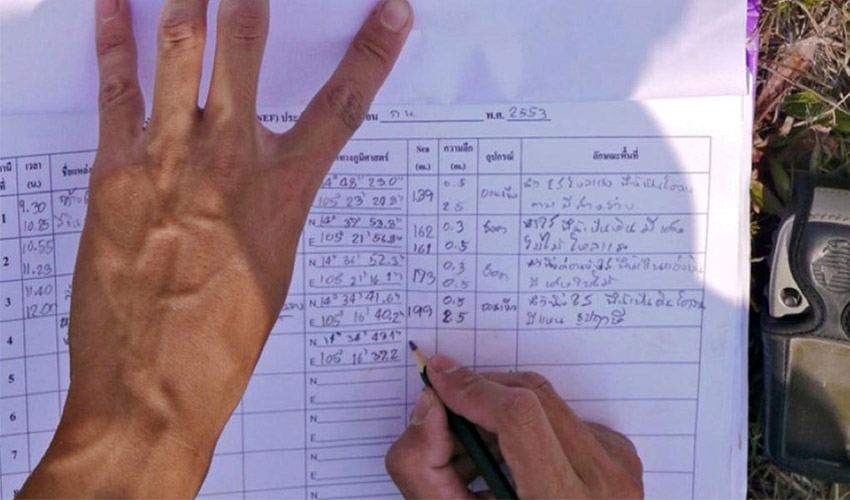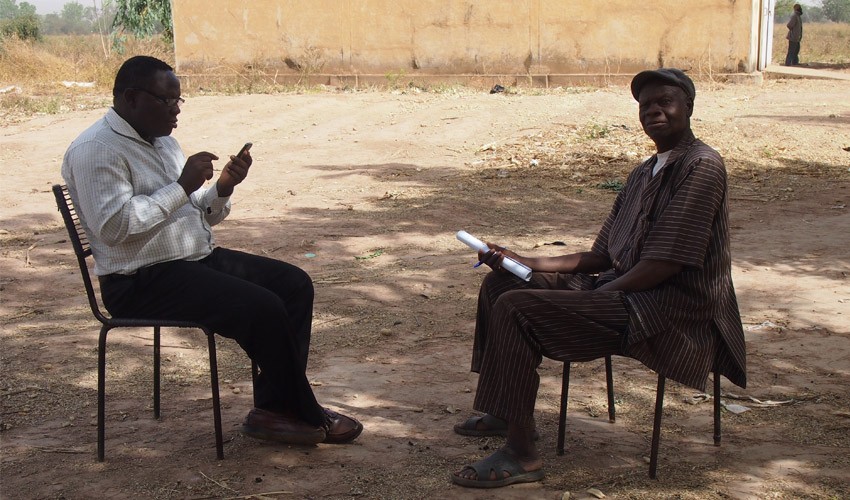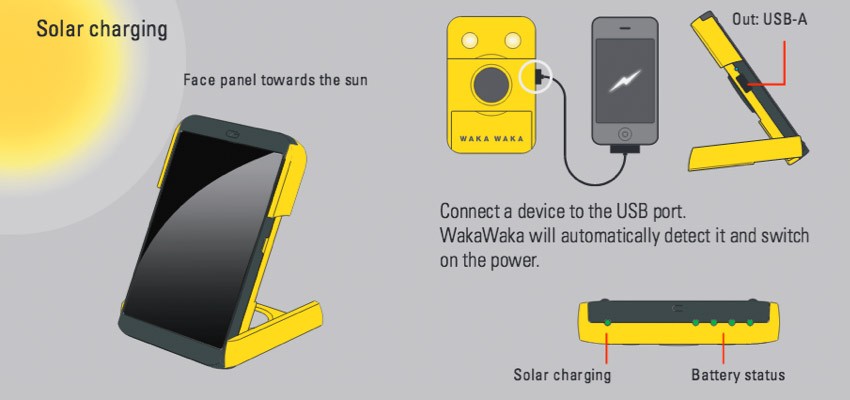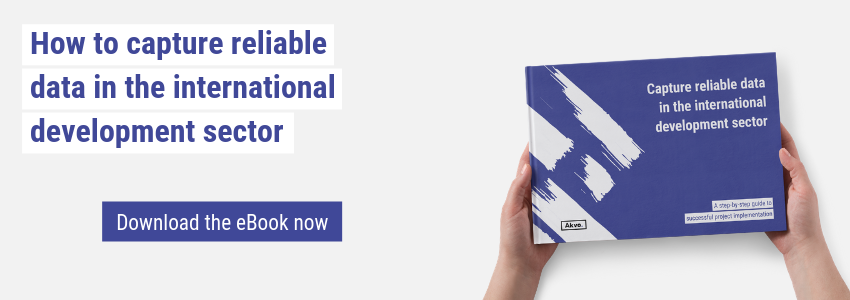The number of smartphone users worldwide surpassed 2 billion this year. This rapid growth has given endless opportunities in the development of smartphone applications. It also brings many new possibilities to the field of data collection. Although mobile data collection is increasingly being used, I’ve noticed that some people still feel skeptical about it. Whether it has to do with the confidence that people have in the old means of collecting data (pen and paper) or the unfamiliarity of new techniques, most of the judgments I hear around me are based on false assumptions. In this blog I will refute the ten most commonly heard misconceptions about mobile data collection.
1. You always need an internet connection
One of the most frequently heard comments when talking about mobile data collection is that people think they need a constant connection to the internet. As a matter of fact, the opposite is true. At least with Akvo Flow you can do your data collecting 100% offline. Even importing the data can be done without a connection, but to avoid extra costs and loss of data (see points 4 and 8) most of our partners use internet to transfer the data from their phone.
2. You need electricity to charge the battery of a mobile device
This was a real concern at the start of the national programme to collect 40,000 water points in Mali. The enumerators had to go to some of the most isolated places in Africa where electricity to charge their phones was not available. We tackled this problem by providing a WakaWaka solar power kit to all enumerators. This device, with a usb port, will charge any smartphone in a couple of hours.
Above: WakaWaka is a durable, lightweight and compact solar charger capable of charging any type of smartphone within a few hours. Graphic by WakaWaka.
3. Paper is lighter
This is true for a single paper survey, but if you collect hundreds or thousand of surveys, you end up with many kilograms of paper. Not to mention other equipment like GPS, camera, water testing kits etc. that the enumerators need to carry. All of this equipment is integrated in smartphones nowadays. If you are not convinced on this point, please read the Facebook post 75kg of regret by Sustineo.
4. Mobile data collecting is expensive
There was a time, not all that long ago, that you would pay $800 to own a powerful smartphone. Today, shops offer a variety of great value for money smartphones for under $100 that will meet the needs for mobile data collecting. If you still think this is expensive, count on top of this the printing cost of the questionnaires, and redoing them if you want to make changes, resources for data entry, data storage, back-ups etc. etc., then I would like to know if you still think mobile data collection is expensive.
5. The data is not secure and privacy protected
Your data is much more secure, at least if you work with Akvo tools, compared to old means of collecting data. We can encrypt all data transmissions from the app on a mobile device when sending or receiving survey data uploads. With paper-based data collecting, there are many more security risks with the data having to be handled, processed, stored and archived. Problems and security issues can occur during any of those stages. Another benefit of working with Akvo tools is continuously monitoring security issues and that we take care of all the data storage, processing, security and backups so our partners don’t have to worry about these things.
6. Integrated GPS is not exact and therefore not useful
GPS-enabled smartphones are very common nowadays as we use this technology almost everywhere. The GPS function in smartphones is getting better and better and can give you a good approximation to the device’s general location. If getting within 5 meters of your data point is sufficient for your organisation, smartphones are a great way to go. If you need greater accuracy you can take a mapping grade GPS receiver with you and enter the exact coordinates into the mobile survey to get the exact GPS location.

Above: collecting GPS data on paper, more exact? Photo by: Nagao Foundation
7. Your data is lost in case of a stolen, lost or damaged phone
We advise our partners to ask their enumerators to upload the data from their phones as soon as they can connect themselves to the internet (3/4/5G or wifi). This way the database is automatically being filled from distance. The chance that you lose data is much lower transferring data via smartphones then when you have to work with paper versions. Especially when your enumerators are in the field for weeks or even months.
8. You’ll become dependent on the provider
Losing ownership over the process is a commonly heard consideration for why organisations don’t want to use external data collecting tools. Akvo Flow has been released under an open source licence, which allows organisations to review and modify the source code, for their own customisation. This means that every organisation who uses Akvo Flow is the owner of their own data collecting process, even if they decide not to make use of our services any more.
9. It’s hard to work on a small screen, especially outside
This is a concern I heard a couple of weeks ago. I must agree that working on a phone in full sunlight can be hard. So why not find a nice place in the shadow of a tree or inside a house? That’s what you would also do collecting data the old way, right?

Above: make yourself comfortable collecting data. Find a space in the shadow and grab a chair. Photo by: Lars Heemskerk
10. Enumerators need better education to collect mobile data
If you think your enumerators are not highly educated and cannot work with smartphones, you might be thinking in the wrong direction. You can go much further with user interface for mobile data collection then on paper. Features like depending questions, (repeated) question groups, cascade questions etc. could make the work of an enumerator much easier. And if you are concerned about the quality of the work of the enumerators, with Akvo Flow you can check when, where, and how long it took them to fill in the survey.
I hope this blog helps alleviate the most common concerns about mobile data collecting. Besides refuting the misconceptions, there are way more advantages of mobile data collection. Just have a look at the latest features of Akvo Flow for example.
Thanks to Oliver Galloway-Lunn, Joy Ghosh, Nikki Sloan, Dagmar Heemskerk-Verbeek and Valeria Rogatchevskikh for their input.




